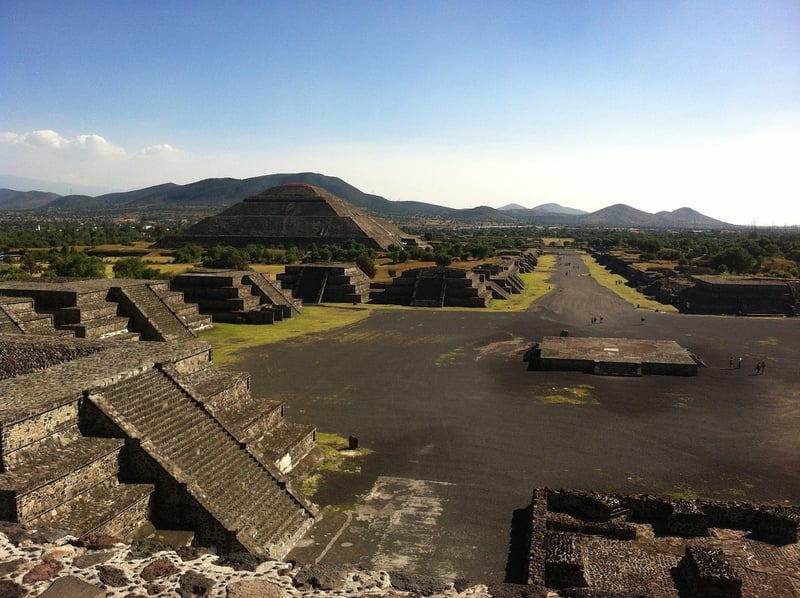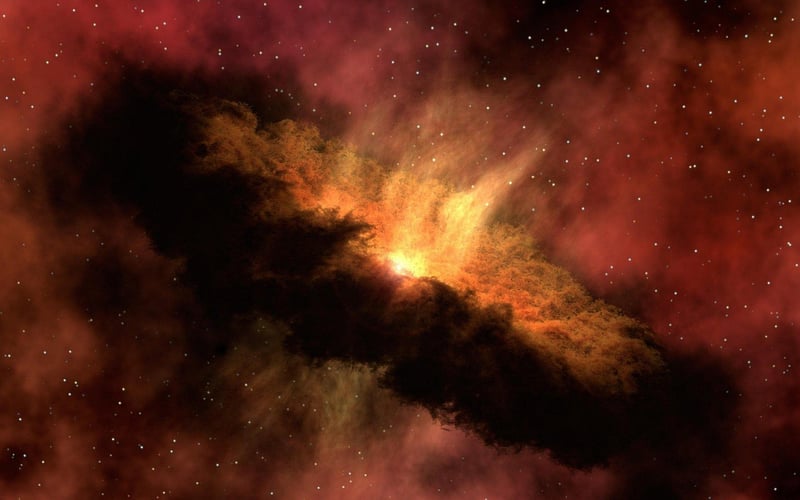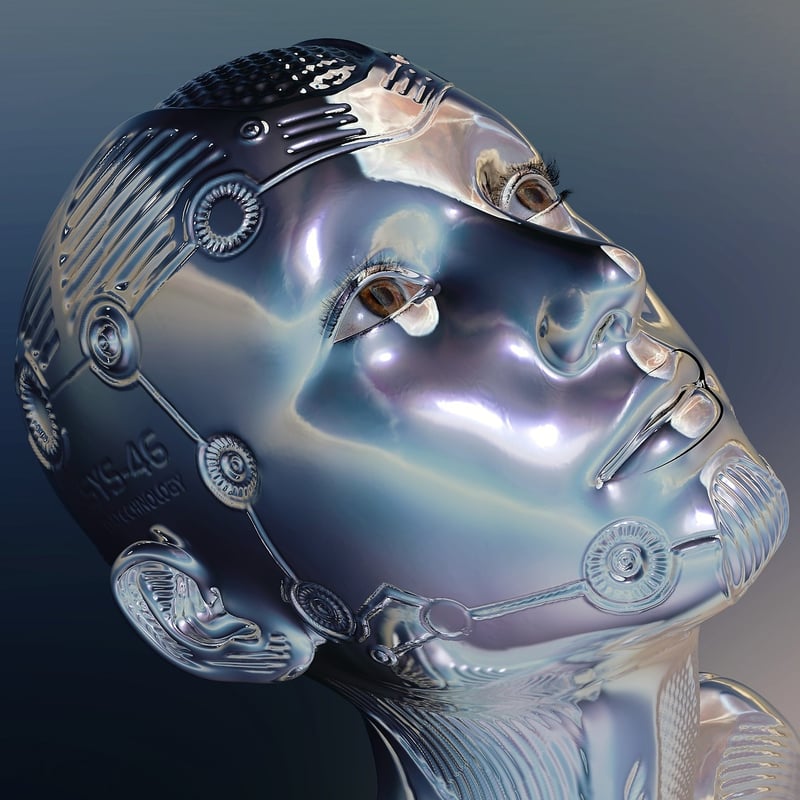Future Exploration
Exploring Different Time Periods and Future Exploration
Introduction
Exploring different time periods allows us to delve into the past, understand the present, and envision the future. From ancient civilizations to modern innovations, each era offers unique insights and opportunities for discovery. Let's take a journey through time and explore the possibilities of future exploration.
Ancient Civilizations
Ancient civilizations such as the Egyptians, Greeks, and Romans have left behind remarkable artifacts, architecture, and knowledge that continue to intrigue historians and archaeologists. The pyramids of Giza, the Parthenon, and the Colosseum are just a few examples of their enduring legacies.

The Middle Ages
The Middle Ages, characterized by feudalism, knights, and castles, saw significant advancements in art, architecture, and technology. Gothic cathedrals like Notre Dame and the Tower of London stand as testaments to the creativity and craftsmanship of this period.

The Industrial Revolution
The Industrial Revolution brought about a transformation in manufacturing, transportation, and communication. Inventions like the steam engine and the telegraph revolutionized society and laid the foundation for the modern world we live in today.

Modern Innovations
From the invention of electricity to the exploration of space, modern innovations have propelled humanity into the digital age. The internet, smartphones, and space exploration missions like Mars rovers showcase the incredible advancements of the 21st century.

Future Exploration
As we look to the future, the possibilities for exploration are endless. Technologies like artificial intelligence, virtual reality, and quantum computing hold the promise of transforming how we interact with the world and explore beyond our own planet.

Conclusion
Exploring different time periods not only enriches our understanding of history but also sparks curiosity and innovation for future exploration. By learning from the past and embracing new technologies, we can continue to push the boundaries of discovery and shape the world of tomorrow.
